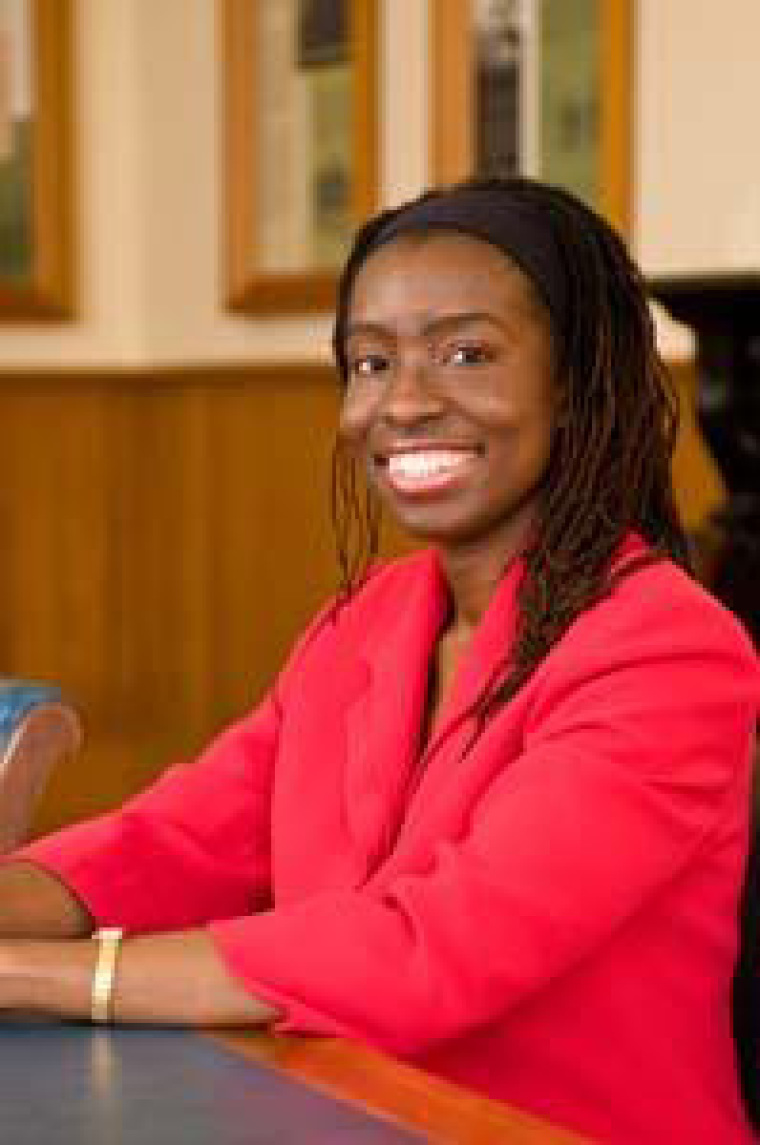

I'm sick.
Battling a stomach bug for the past few days has been rough. Muscle pain, fever, headache and cramping stomach pain - the kind that comes in waves causing me to clench pillows (or anything soft that happens to be nearby), curl my toes, hold my middle, lie still and wonder if pain can ever tear you apart. Food can't stay in.
My tummy mimics the sounds of a growling tiger that hasn't been fed in weeks. I make sluggish movements that feel like dragging weights under water. I am a medicated zombie in pajamas. I thank God for modern medicine. I am getting better each day, except that the painkillers the doctor prescribed don't contain enough tranquilisers to knock out the tiger that is still prowling, angrily, in my stomach.
The bright side of sickness is that it gives you time to think. You get incredible perspective on what's important. I've put some lessons learnt in a numbered list. This is by necessity: sickness forces you to try to finish things more quickly; it requires the effort of ordered thinking- this contains the chaos caused by your body's sudden rebellion.
Lesson 1
Sickness sucks.
Yes, sickness robs you of flowery language, eloquence and makes you more direct. It is decidedly unpleasant and you want to get over it as quickly as possible. Coping with sickness is a reminder of the fact that God never intended for us to be sick. We were made perfect, our body crafted by Him for living on earth in a perfect paradise. Sin has corrupted our world and our bodies and this is the sign of what we have lost when fellowship with God was broken (see Romans chapter 8 verses 18 to 23).
Lesson 2
Sickness makes you feel limited and you realise you can't do it alone.
My closest friends have told me they've observed I don't ask for help; I try to do whatever I have to do on my own. I rationalise this by saying I don't like to inconvenience others. The truth is it boosts my self-esteem as it makes me feel capable, but it mainly helps me avoid the hurt of disappointment when others let you down.
When I was sick though I had no choice but to get help. For one thing, I usually don't head to the doctor when I feel unwell but even I had to admit, after a few days, my efforts to self-medicate had failed. I left work one afternoon and a colleague from work drove ahead of me to the nearest doctor's office (since I didn't know where to find it). Other colleagues checked up on me via email.
A friend brought me 2 huge bottles of coconut water to replace the electrolytes I was losing. It was a humbling position but I realised that accepting help is not weakness. It is unselfish. It is changing focus from self, putting aside ego and accepting the kind acts of others.
This is what Jesus did. When we couldn't help ourselves, when sin had paralyzed us,
He stepped in and changed everything:
"You see, at just the right time,when we were still powerless,Christ died for the ungodly.Very rarely will anyone die for a righteous person, though for a good person someone might possibly dare to die.But God demonstrates his own love for us in this: While we were still sinners, Christ died for us." (Romans chapter 5 verses 6 to 8)
All you have to do is humbly accept the help.
A related point is that God also made us to live in community, supporting each other. Life lived alone or where you only live for, or rely on, yourself is no life at all.
Lesson 3
Recognise the little victories. The longer I was able to keep food in, or the farther apart the waves of pain, the more I had to celebrate. I was happy when I felt the pang of hunger since it meant my appetite was returning. I gave thanks for these little victories that, to me, meant so much.
Lesson 4
Keep hydrated. I had to constantly be drinking fluids such as teas and juice. Christians also need to keep quenching our thirst with a regular intake of the Word of God. When you are watered by the Word that's when you flourish (Psalm chapter 1 verses 2 to 3).
Lesson 5
Follow instructions, take your medicine and exercise discipline.
The medical advice I received was "stay away from certain foods." It just so happens that the food I had to avoid were the foods I most enjoy. Sugary food. Meat. Milk. Butter. Cheese. (Apologies to my vegan friends!) Fried anything. Not eating them caused me to realise how unhealthy my diet is and how hard it is to do the right thing.
Dried crackers, plain toast, noodle soup and bland oatmeal are not nearly as appealing as a bacon burger with fries. What fun is there in a pack of unsalted peanuts? I knew that I could have the burger but it would do no good to my body. I would literally feel it and the pain would outweigh the temporary pleasure.
So it is that God asks us to walk the narrow road of a life surrendered to Him and avoiding the wide highway of pleasure (see Matthew chapter 7 verses 13 to 14). Going His route is better for you in the end.
Lesson 6
Make better choices.
The most life-changing revelation from this period was that I have to make better choices for myself.
When I think back to the likely culprits for this sickness, prime suspects were: a pasta salad I bought in the supermarket, full of mayonnaise, that I kept in the fridge, but ate a couple days after the "sell by" date; the milk I still drank over a week after first opening it and after I had forgotten to put it back in the fridge one night; the leftover food from a party I probably should have eaten within a day or two; some pickled meat with a pink hue and a funny smell when I microwaved it; cream cheese I didn't finish within the recommended time after opening (I cringe as I write down this list). Any one of them could have led to this.
But the real culprit is me. My mum blames it on my tendency for consuming "stale food"; I should have erred on the side of caution and tossed things out. I can only truly blame myself. Plus, I was in a period of working out excessively, not getting enough sleep, working long hours without a break, so my body's natural defence system to fight infection was down. I had put my temple of God under too much pressure. The stress was too much.
So I had a wakeup call. I have to love my body and treat it better, in terms of more fresh foods and in other areas too. I can't push my body beyond the point of reasonableness. I don't have to be a workaholic. I can make time for things I enjoy. I have to look at what relationships or pursuits I have that are not good for me.
Lesson 7
Re-think your faith.
My sickness was temporary but some people spend their lives feeling this way. On the first night of my sickness, I prayed and asked the Holy Spirit to heal me. I believed He did, which is why I didn't understand why I progressively got worse and ended up at the doctor's office. Didn't He hear my prayer? Was my faith in healing in vain?
Tough question. I thought, later, He healed me in His way through medicine. Although I'm not yet fully well, I know I will be in a few days. But what if this period were my entire life? What if I lived this way for years, decades? How would that impact my faith?
It's really in these hard moments you know what you believe. It is either God is God or He's not, regardless of what happens to you; whether it is chronic illness, torture, death, infirmity, injustice.
The Bible is full of people who served God despite bad things happening to them. These are the heroes of faith: Hebrews chapter 11 verses 35 to 38. That is the kind of person I want to be. And in a small way this sickness is teaching me that.
Be well!
Sharma Taylor is a corporate attorney with a Doctor of Philosophy Degree in Law from Victoria University of Wellington in New Zealand. She is a "child of the Caribbean" but New Zealand will always be her second home because of the beautiful people she met there.
Sharma Taylor's previous articles may be viewed at www.pressserviceinternational.org/sharma-taylor.html
